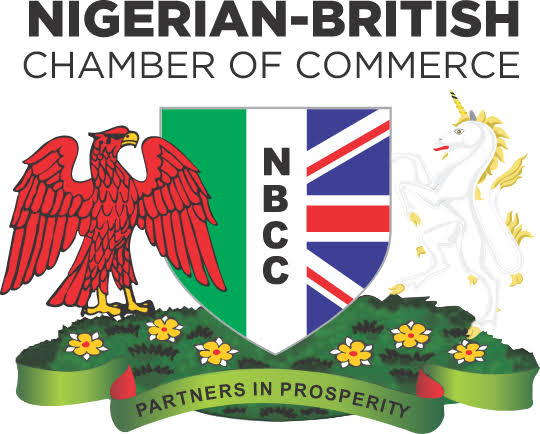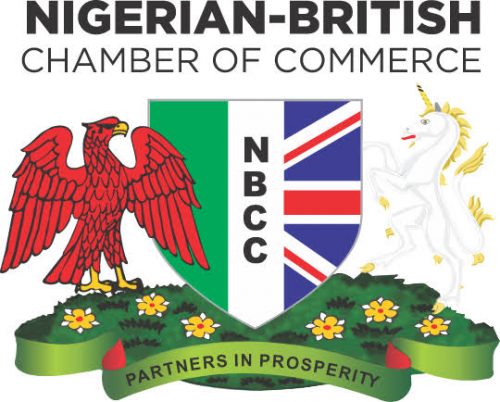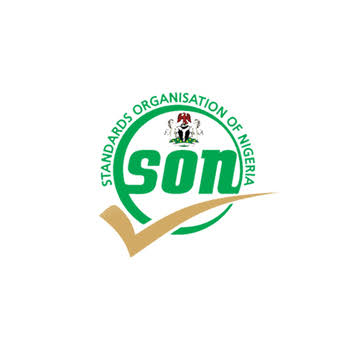Nigeria – In order to promote trade exports between Nigeria and Britain, certain industry regulators have made recommendations and promised to support the country’s Micro, Small and Medium Enterprises (MSME).
They spoke on Thursday in Lagos at the Micro, Small and Medium Enterprises (MSME) Business Optimisation Clinic hosted by the Nigerian-British Chamber of Commerce (NBCC).
According to Malam Farouk Salim, Director-General of the Standards Organization of Nigeria (SON), MSMEs have the power to boost or hinder a nation’s economic potential depending on the availability of standards and certification.
Salim gave MSME operators the duty of integrating into the SON enabling business environment, designed by the Federal Government to facilitate their growth, in the person of Mrs. Phebean Arumemi, Head, SME Desk, SON.
He urged businesses to maintain zero tolerance for the manufacture, trade or patronage of fake and substandard products and urged them to join hands with the SON to fight the exportation or importation of substandard products.
“The SON is committed to providing support to help MSME compliance and development for enhanced service delivery.
“Your role as MSME ready for production and trade in quality product with Britain includes, but is not limited to allowing the SON grow and test the quality of your products.
“Your business and the chamber can join the SON technical committee meetings to develop standards and standards implementation should form part of your companies’ policy with timeline for implementation,” he said.
The National Agency for Food and Drug Administration and Control (NAFDAC) Director-General, Mrs. Mojisola Adeyeye, stated that the agency would continue to develop initiatives that are centered on the needs of its customers in order to promote businesses and the MSME sector.
Adeyeye stated that the pledge was to ensure the safety, efficacy, and quality of regulated products that were manufactured, distributed, imported, sold, or used. Adeyeye was represented by Mr. Ayankop E. Ayankop, Deputy Director, NAFDAC.
She urged MSMEs to comply with the legal and regulatory procedures for product registration and marketing authorization in accordance with international best practices.
“Some challenges with marketing products include knowledge pap, global economic outlook, business risk exposure, rejects due to quality of exports, infrastructure related challenges, high risk financial Instruments and insecurity.
“However, the way forward is self education and networking, public education and sensitisation, focused MSME support for funding.
“Others are incentives, collaborative efforts, shared facilities, and stakeholder involvement in policy and government,” she said.
Noting MSME’s importance to the Nigerian economy, Mr. Olukayode Pitan, Managing Director of Bank of Industry (BoI), emphasized that MSME support must primarily take into account the four keywords of micro companies, sole proprietorship, informality, and gender.
Pitan, represented by Mr. Obaro Osah, Divisional Head, SME-South, SME Directorate, BOI, stated that despite MSME’s critical contribution to national development, they faced significant obstacles that limited their capacity to compete and ultimately prosper.
According to Pitan, some of the major obstacles are the difficulties in obtaining financing, the harsh operating environment, infrastructure problems, and the lack of technical and business competence among most entrepreneurs.
He pointed out that, out of all of these issues, the main problem MSMEs in Nigeria face is finding financing.
He blamed MSMEs’ extremely unstructured character, high interest rates, drawn-out administrative procedures, inadequate bookkeeping, lack of credit history, collateral, and lack of knowledge of funding sources for the development.
“BOI provides financial assistance for the establishment of large, medium and small projects as well as the expansion, diversification and modernisation of existing enterprises; and rehabilitation of existing ones.
“BOI CSR project provides common facilities and infrastructure for tech hubs to support MSME technology ecosystem.
“To date, 10 hubs have been launched in six states across the country (Lagos, Kebbi, Delta, Kaduna, Bayelsa and Osun states),” he said.
Mrs Sheila Ojei, Director, Strategy, Funding and Stakeholder Management, Lagos State Employment Trust Fund(LSETF), said it was committed to improving access to finance, strengthening MSME institutional capacity, and formulating programmes and policies designed to improve the business environment in Lagos State.
“There are several general funding opportunities for MSME such as the Tony Elumelu Entrepreneurship Programme, Orange Corners, Youwin Nigeria, the LSETF fund, and a host of others.
“However, the funding must be used to purchase inventory, assets, day to day financing, refinancing debts and marketing.
“The funding must not be used for non business related activities, not paying back obligations and giving up stake on business quite soon,” she said.
The Company Optimization Clinic, according to Ms. Bisi Adeyemi, President of the NBCC, was created to provide a forum where answers to business difficulties are presented by a flexible team of specialists from several agencies tasked with MSME growth.
Adeyemi, who was represented by the Chamber’s vice president, Mr. Ray Atelly, claimed that the clinic was one of the organization’s endeavors to empower and engage MSMEs as well as give them access to expert advice and solutions to business problems.
(NAN)









